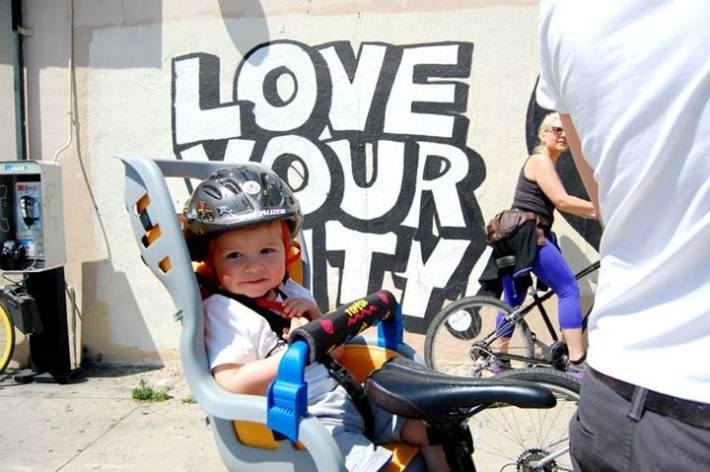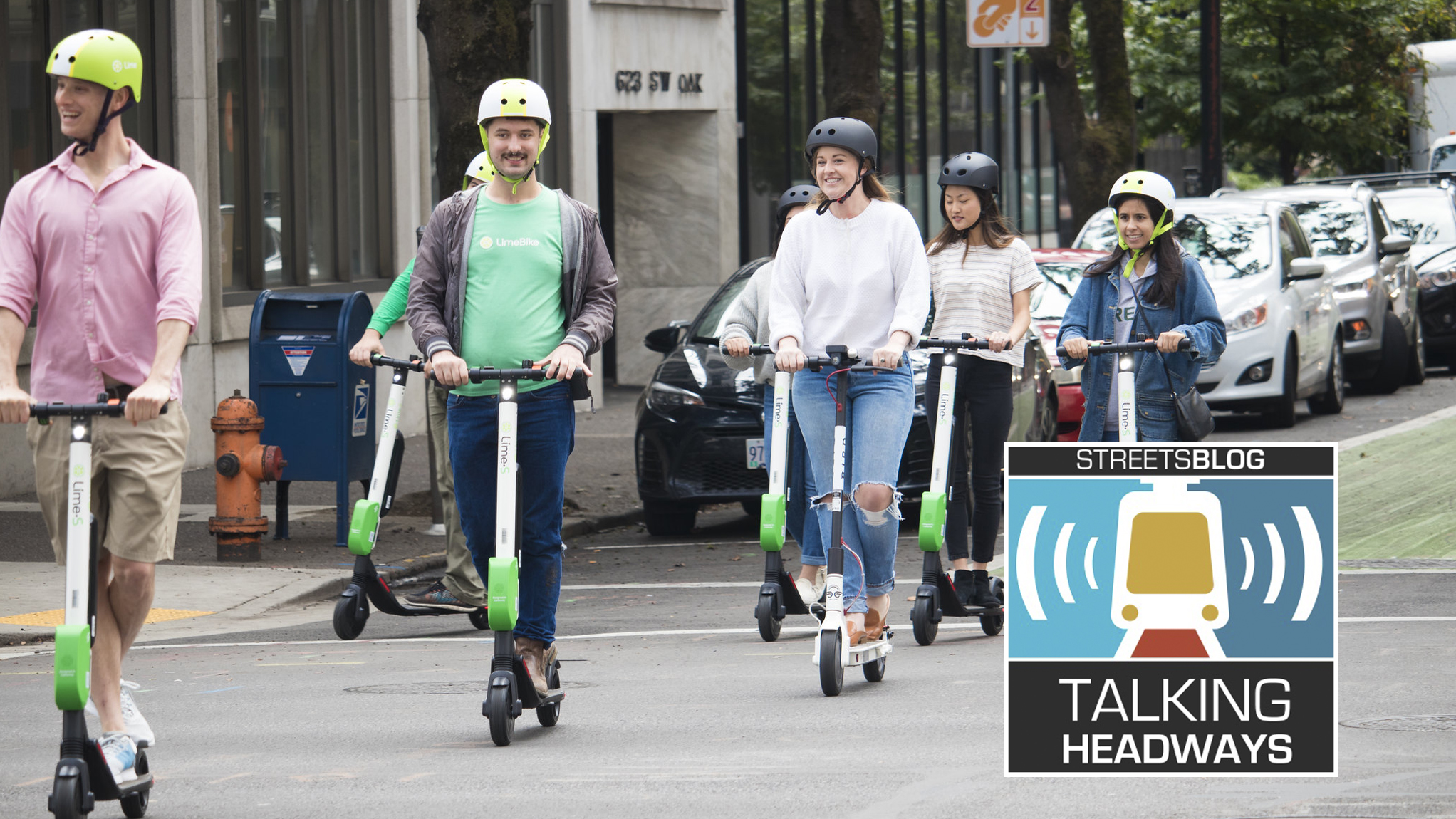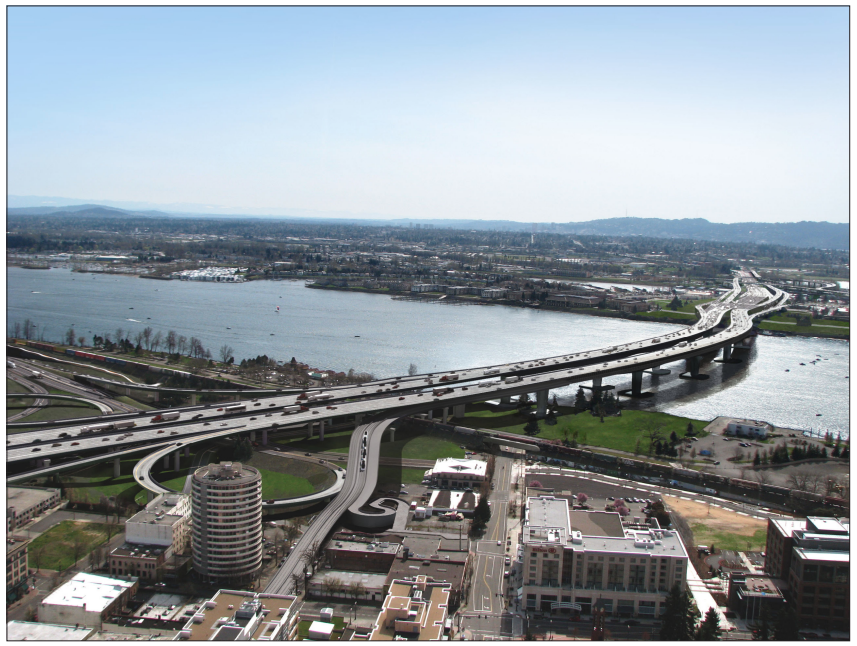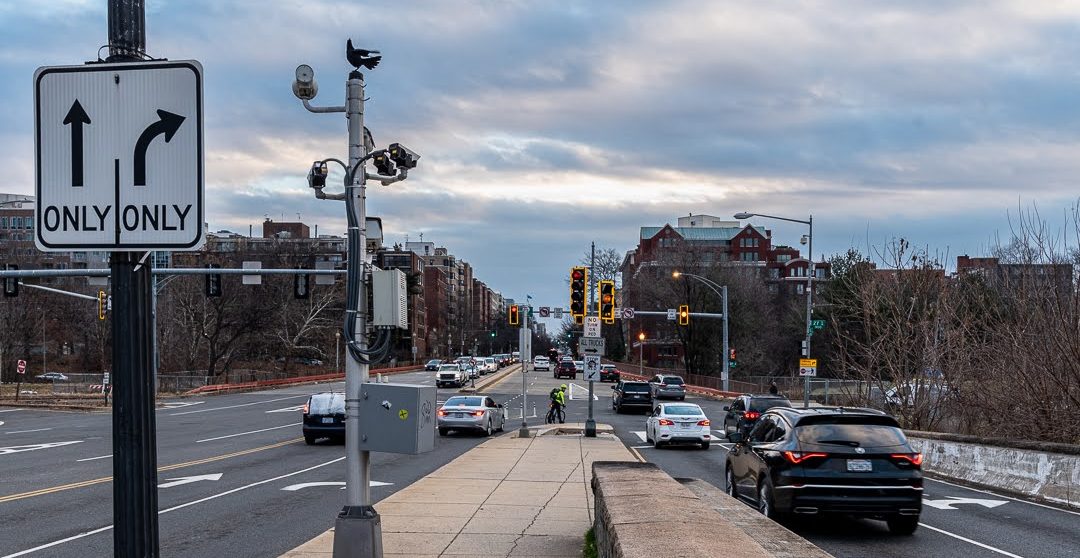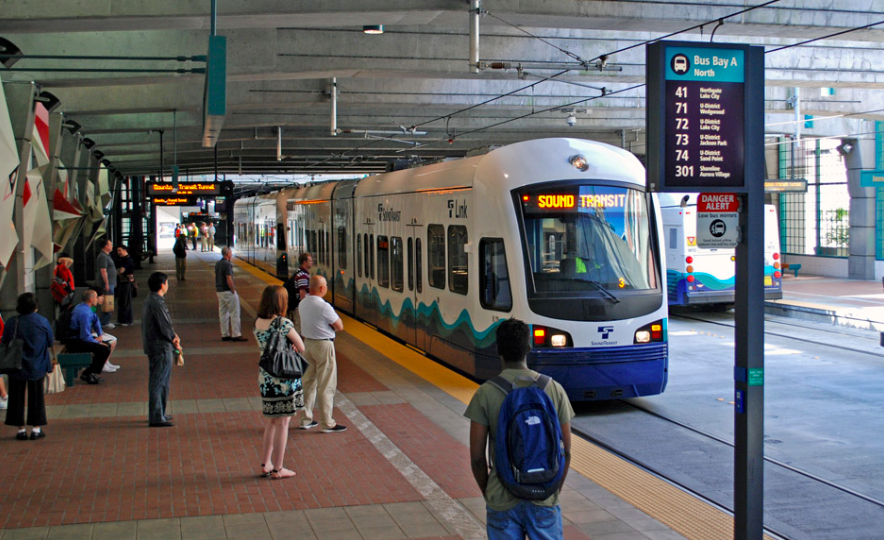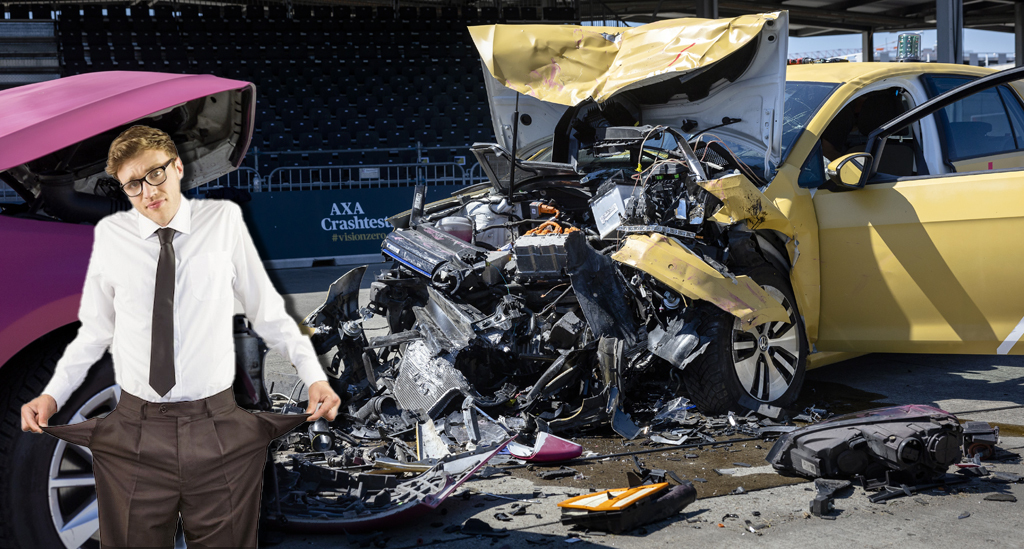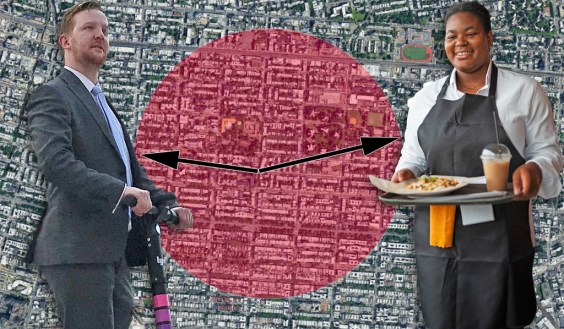No sooner did Streetsblog LA roll out its new series (and hashtag) #streetsr4families than the Washington Post asked whether it really benefits cities to attract families with kids at all. After all, wrote Lydia DePillis yesterday, while single twenty-somethings freely spend their money on $12 cocktails and $50 concert tickets, parents avail themselves of taxpayer-funded services like public schools and parks. Parasites on the system.
DePillis referenced a 2001 Brookings Institution study, “Envisioning a Future Washington,” [PDF] which put a price tag on attracting different types of new residents. The researchers found that a two-parent family with two kids would cost the city $6,200 annually, mostly because they use public schools, while a childless couple generates a net gain for the city of $13,000.
As someone who takes it on faith that children truly are an indicator species of a healthy city, reading that shook me. Could it be that we parents are, after all, a drain on the cities we love?
The topic is especially salient right now, as I’ve been engrossed in the Sightline Institute’s ongoing series, “Family-Friendly Cities.” In it, author Jennifer Langston writes at length about what cities can do to attract families with children. (More on that later.) But DePillis’s words made me suddenly uncomfortable with the whole proposition. Why should cities bend over backwards for families with kids -- letting valuable real estate become children’s play areas, sullying its eateries with crayons and kids’ menus, preserving three-bedroom row houses amid the rush to build studio apartments -- when those families actually end up bringing the city down?
DePillis answered her own question, of course. Parents are often in their prime earning years, and they buy expensive houses. Those houses become more expensive when the schools improve -- “Trulia crunched the numbers, and found that homes in districts with highly-rated schools are a third more expensive than the metro average, while those in districts with poor schools are much cheaper,” DePillis wrote. That relegates lower-income kids to the city’s worst schools -- but if we’re just looking through a lens of GDP, those pricey homes add to the city’s bottom line.
Plus, the idea that there will always be a new tide of recent grads lining up to fill the city's luxury one-bedroom condos is suspect. If people feel forced to leave the city once they have kids, it could end up depressing DC's population again.
Besides, DePillis wrote, the kids may stick around when they grow up and become income-earners themselves.
There's reason to doubt how much bearing that 2001 Brookings study has on today's reality. The researchers were looking at the kinds of families DC had in 2001, when a positive pregnancy test practically came with a house in the suburbs for people with means. But there's a baby boom in DC right now, and I promise you those parents are spending money. Raising a family is by no means an inexpensive proposition.
While we take advantage of the public library and the pool and the playgrounds more than we did in our pre-kid days (and we can’t wait for the federally-funded Museum of Natural History’s dinosaur exhibit to re-open -- in 2019), we also pay more than $1,400 a month for day care, buy new shoes for constantly growing feet, and give in to countless impulse buys anywhere that has a kids’ section. Right now, parents are spending an average of $1,151 on back-to-school shopping.
Given what parents spend on their kids’ birthday parties -- clowns! horseback rides! toddler spas! -- it seems clear that there’s plenty of money being made on this demographic.
